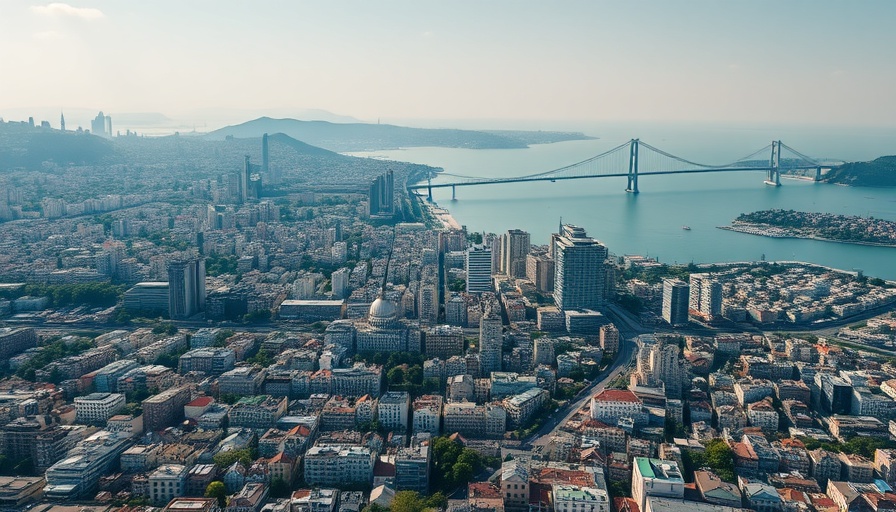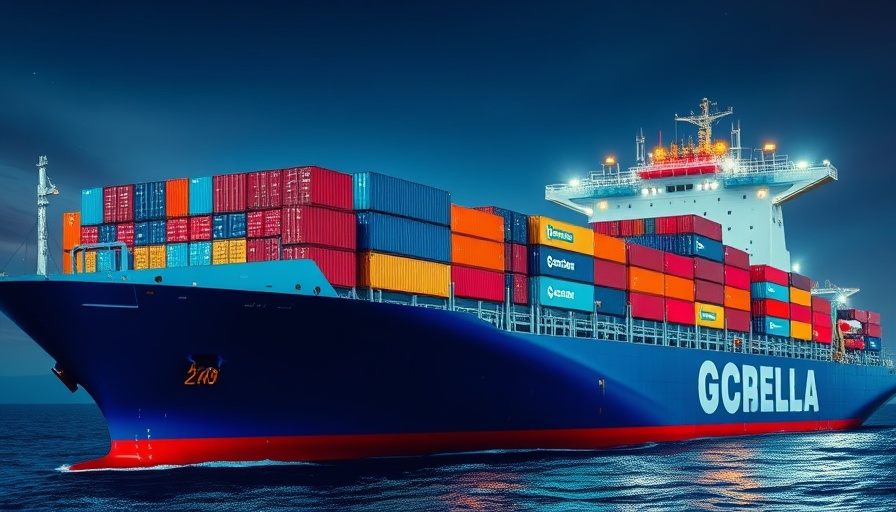
The Shifting Ground Beneath Our Feet
An earthquake struck off the coast of Istanbul this week, reviving fears of a much larger disaster in a region known for its seismic vulnerability. With a magnitude of 4.5, the quake was a vivid reminder of the city’s precarious position on the North Anatolian Fault. While it caused no major damage or casualties, the tremor resonated deeply with residents, rekindling memories of the devastating İzmit earthquake back in 1999. This event has reignited discussions about Istanbul's preparedness and the dire need for structural upgrades in a city that boasts a dense population yet suffers from aging infrastructure.
Morocco's Bold Step into High-Speed Travel
Across the Mediterranean, Morocco is making headlines with its ambitious launch of Al Boraq, Africa's first high-speed rail line. This newly inaugurated service connects major cities like Tangier and Casablanca at astonishing speeds of up to 200 miles per hour. This previously unthinkable reduction in travel time—from five hours to just 80 minutes—not only showcases Morocco’s commitment to modernizing its transport infrastructure but also signals an investment in a greener future. By promoting rail travel, Morocco aims to bolster economic connectivity while addressing environmental concerns.
Canine Allies in Conservation
Meanwhile, thousands of miles away, a pack of trained Welsh springer spaniels is showing the world that heroes come in all shapes and sizes. These dogs, deployed in various African nations like Kenya and Malawi, play a crucial role in wildlife conservation efforts, combining agility with an impressive sense of smell to uncover illegal traps and weapons. Such initiatives reflect a growing trend where cross-continental collaborations strive to bridge cultural divides while addressing pressing issues such as poaching and biodiversity loss.
A New Era of European Infrastructure
In Europe, a megaproject is taking shape that symbolizes the future of regional connectivity: the Fehmarnbelt Tunnel, which will connect Denmark and Germany under the Baltic Sea. Once completed, this 18-kilometer tunnel is set to be the world’s longest immersed underwater tunnel, reducing travel time between Copenhagen and Hamburg from five hours to under three. Beyond enhancing accessibility, this construction represents a strategic push towards sustainable transit solutions designed to decrease reliance on air and ferry transportation.
The Broader Impact of Connectivity
As cities worldwide grapple with their unique challenges, these examples from Istanbul, Morocco, Africa, and Northern Europe signify a common theme: the urgent need for infrastructure that meets the demands of modern living while considering safety, sustainability, and community welfare. Transitioning to more resilient frameworks isn’t simply about speed or convenience; it’s about reimagining how societies can thrive amid the pressures of environmental and demographic shifts.
The Next Steps for Those Affected
For residents of seismic areas like Istanbul, understanding the implications of such tremors is crucial for personal and community preparedness. Authorities must invest not just in repair but in substantial improvements and risk education programs. For travelers and entrepreneurs in Morocco and beyond, the focus should be on leveraging new connections to foster economic growth and collaboration. As trends evolve, staying informed and adaptable will be essential for navigating this rapidly changing global landscape.
 Add Row
Add Row  Add
Add 




 Add Row
Add Row  Add
Add 

Write A Comment